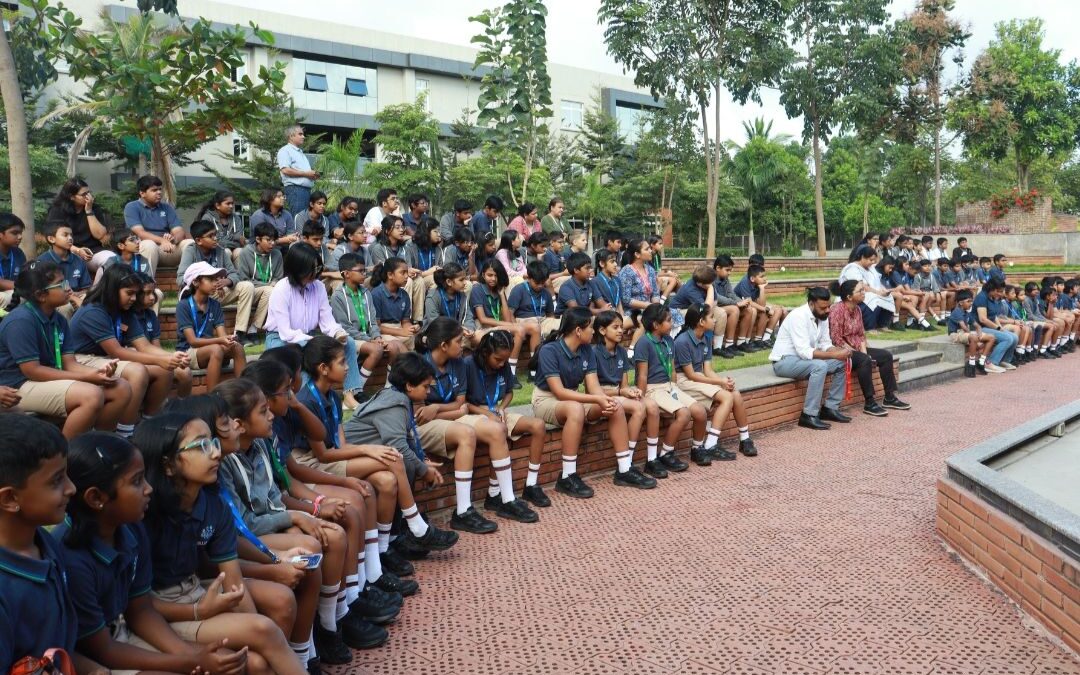Introduction
As we gather today for the secondary assembly, let us focus on a topic that is close to our hearts – the importance of standing up for our rights and the rights of others. In today’s world, it has become increasingly important to be aware of our rights and to address wrongs when they occur. This assembly aims to inspire and educate us on the significance of rights, not wrongs, in shaping a better future.
The Concept of Rights
Rights are fundamentally the basic freedoms and protections to which every person is entitled. They exist to ensure that everyone is treated fairly, with respect, and with dignity. The United Nations Universal Declaration of Human Rights highlights various rights that everyone should have access to, such as the right to life, liberty, education, and more.
The Importance of Knowing Your Rights
Knowing your rights is not just an act of self-empowerment; it is also a critical step towards building a more just society. Being aware of your rights allows you to challenge unfair treatment and seek justice when wronged. Moreover, understanding your rights helps you identify when others are being mistreated – enabling you to act as an ally and support those who cannot stand up for themselves.
Rights vs. Wrongs: Rectifying Injustices
In some cases, individuals may feel powerless in the face of injustice. However, by equipping ourselves with knowledge about our rights and pursuing them relentlessly, we can bring about change. Whether it involves racial or gender-based discrimination or environmental injustice, action is needed from each of us to create a more equitable world.
Examples of Taking Action
There are numerous examples worldwide where individuals have taken action in defense of their rights or human rights in general. From Malala Yousafzai’s fight for girls’ education in Pakistan to Greta Thunberg’s climate activism—these brave individuals stood up for what they believed in and brought about significant change.
How Can We Contribute?
You don’t have to be a famous activist or an influential person to stand up for your rights, and the rights of others. Each one of us has the power to contribute to this global movement by:
1. Educating ourselves and others about our rights and responsibilities.
2. Identifying when our rights or those of others are being violated and speaking up against such injustices.
3. Participating in community initiatives, fundraising events, and awareness campaigns that promote human rights.
4. Using our voices on social media platforms to share perspectives and information on human rights issues.
Conclusion
In conclusion, as we go back to our classrooms today, let us reflect on our power as individuals and understand that by asserting our rights and standing up against wrongs, we make a real difference in creating a more just society. Remember that the path to change often begins with a single voice refusing to remain silent in the face of injustice. Let that voice be yours!





